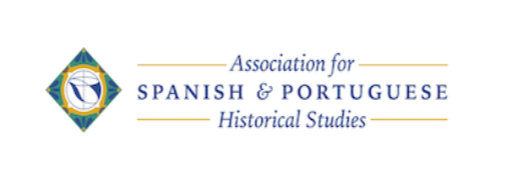53rd Annual Meeting of the Association for Portuguese and Spanish Historical Studies
Faculdade de Letras da Universidade de Lisboa, Lisboa - 8 - 12 de julho de 2024

Abstract:
Hermenegildo Capelo and Roberto Ivens were experienced officers in the Portuguese Armada when appointed to travel between Angola and Mozambique in 1877 in one of the first expeditions sponsored by the Lisbon Geographical Society. In the context of European dispute over Africa and Portuguese colonisation, their goal was to explore and map the territory connecting Portuguese possessions. Their success led to a second expedition between 1884 and 1885, organised in the context of the Berlin Conference, the Scramble for Africa, and the making of the rose-coloured map. During both expeditions they relied on local agents for information, safe passage, and help carrying the scientific instruments used for the study of African nature. One of the elements that made these intercultural encounters possible was to exchange fabrics, beads, and other gifts for goods and services. So, understanding what sort of items were valued by the peoples who inhabited different regions in Africa, realising their preferences, and knowing how to bargain were all crucial abilities in mastering the trading dynamics that ensured the collaboration of local agents. For this presentation we analyse examples in their travel books that show how understanding trade was key to practising science in 19th century Angola.